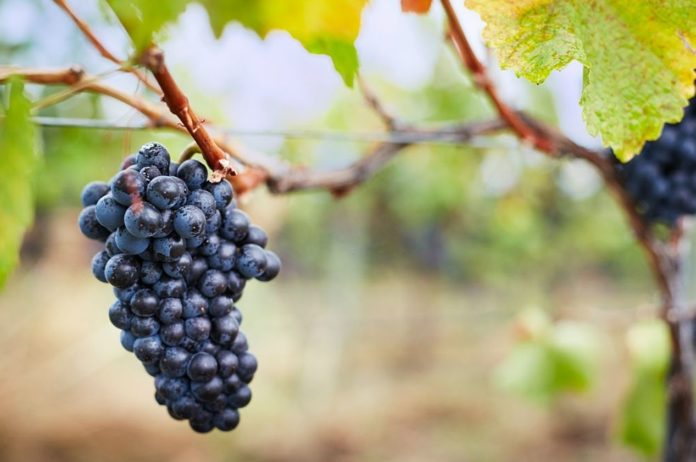This substance also improves chemotherapy efficacy and makes young mice stronger.
A group of researchers discovered that a component found in grape seeds can kill senescent cells in mice, slowing their aging and making them stronger.
Yu Sun, a researcher at the University of the Chinese Academy of Sciences in Shanghai, and his colleagues discovered a substance in grape seeds that allowed them to extend the average longevity of mice by 9%. This substance also improves chemotherapy efficacy and makes young mice stronger.
This finding by Chinese scientists is a step forward in the search for seniolytic medications that kill senescent cells. Senescence is a condition that occurs when a cell’s DNA is broken and it is unable to trigger the self-destruction process. These cells wander throughout our bodies like zombies, causing inflammation that is linked to age-related disorders including Alzheimer’s, diabetes, and some types of cancer.
Yu Sun and co-authors set out to search the library of aging-related compounds for those that have the most potent anti-senescent cell effects. Procyanidin C1 (PCC1), a chemical found in grape seeds, was the one that drew their interest the most.
They discovered that when senescent cells were given low doses of PCC1, they ceased generating inflammatory chemicals. When the amounts were higher, the substance was able to cause them to undergo apoptosis, a sort of programmed cell death that was completely safe to the younger cells.
Extends life and improves physical activity
The researchers then used two-year-old mice to assess PCC1’s efficacy in live animals, stating that this is equivalent to around 70 years in humans. A PCC1 solution was injected into some of the rodents, while a control solution was provided to the others. Throughout the animals’ lives, these injections were given twice a week.
The researchers discovered that injecting mice with the PCC1 solution boosted their total life span by 9% and increased their remaining lives by more than 60%.
They also wanted to investigate what would happen if this chemical was given to young mice under the age of two. To do so, scientists repeated the experiment, injecting the PCC1 solution into some subjects while injecting an innocuous substance into others every two weeks for four months.
After that time, scientists put the mice through a number of physical tests and discovered that the mice who had received PCC1 were able to walk faster, had better grip strength, and had more resistance when jogging on a treadmill than the control group.
Increases the effectiveness of chemotherapy
The researchers also tried to identify how PCC1 would affect chemotherapy patients. This form of cancer treatment is known to accelerate tumor cell aging, therefore the researchers wanted to see if their substance could also assist kill aging tumor cells.
The researchers put their PCC1 solution to the test alongside mitoxantrone, a medication that is used to treat cancers such as breast cancer. They also used this treatment on animals that had been implanted with human prostate tumor cells previously.
As a result, mice given a combination of PCC1 and mitoxantrone had their tumors decreased by 75%, compared to 44% for mice given chemotherapy alone.
This study was published in a paper published in the prominent journal ‘Nature Metabolism’ just a few days ago.
Researchers are aware of the interest in these types of therapies and believe that their findings are sufficient to justify the treatment’s adaptation and testing in humans.
Although administration of PCC1 by intermittent schedules appears to be well tolerated by mice in preclinical trials, more efforts are needed to establish safe and adaptable routes for PCC1 treatments in humans, key factors that must be determined by future clinical studies, says Dr. Sun.
Image Credit: Getty
You were reading: A substance found in Grapes delay aging by 9%, study shows
